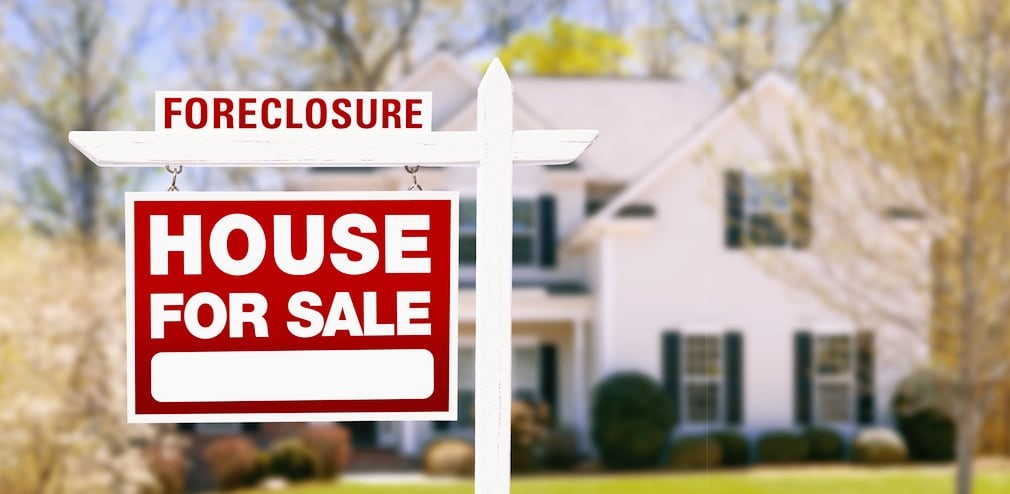
When facing a foreclosure, you can stop the process by applying for modification, filing a lawsuit, and bankruptcy. Being behind on the payments for the mortgage may lead to repossessing your household, but you can take advantage of specific steps that will help you save your home.
For instance, you can file a lawsuit against the bank or bankruptcy, which may stop or delay the process. That way, you will have time on your sleeves, especially if you wish to apply for a modification or another option that will provide you peace of mind. As soon as you enter here, you will understand the steps you should take to stop home repossession.
We decided to present you tips that will help you stop foreclosure for the time being, which will allow you to think about the strategy that will work for you in the long run.
File for Bankruptcy
One of the most effective ways to stop the foreclosure process is by filing for bankruptcy, which will immediately affect the situation. The automatic stay will stop the process from the tracks.
When you do it, the situation called automatic stay will go into effect. It means the stay will work injunction, meaning the bank will be prohibited from repossessing your household and collecting a debt.
The next step is for the bank to file the relief motion, meaning they will try to lift the stay by seeking court permission to continue with the process. Even if the court grants the motion and allows it, the process will delay for the next few months. That way, you can explore alternatives that will help you stay in your home.
The easiest way to keep your home is by filing a Chapter 13 bankruptcy, which will help you accomplish the goal. However, if you wish to buy some time by stalling the foreclosure process, you should choose Chapter 7.
Advantages of Chapter 13 Bankruptcy
You should remember that a Chapter 13 bankruptcy can help you restructure your debts and keep your household as a result. It means you will repay the debts over a specific period between three and five years based on a previously agreed plan.
As a result, you will avoid foreclosure and remain inside throughout the process, especially because you can repay the delinquent payments. Besides, you will pay a fraction of unsecured debts during the period, which will help you eliminate potential problems.
Watch this video: https://www.youtube.com/watch?v=F9BilubEmSM&ab_channel=KristianPeter to learn how to stop foreclosure/For instance, second and third mortgages are considered unsecured loans, depending on the plan, meaning you should free your situation from handling the first one.
Even if you cannot deal with everything completely, filing for bankruptcy will offer you several months before a foreclosure.
Advantages of Chapter 7 Bankruptcy
When you enter a point of repossession, you can file Chapter 7 bankruptcy, which is not eh best course of action for saving your household, but you may delay and prolong the process. Of course, everything depends on whether the bank will give you a modification option or not.
Still, you can delay the proceedings and provide you time to live in the home without making payments, which will allow you to save money for the moving costs and choosing another place to live.
Lawsuit Can Stop the Foreclosure

In case a bank is taking advantage of the nonjudicial process for the repossession act, meaning the process is outside the legal system, you can stop or delay it by filing a lawsuit and require for the court to involve themselves.
We are talking about implementing a motion for a restraining order, which will help you stop the sale until the claim undergoes court. It is not a good tactic in case you have time in court beforehand. It means if the foreclosure is judicial, you will lose precious time and money.
When choosing different approaches, you should learn how to stop foreclosure in Florida, which will help you throughout the process. The best way to win the court proceedings is by proving that the foreclosure should stop because:
- Bank did not act in compliance with state mediation requirements
- Cannot prove the promissory note
- Violated Homeowner Bill of Rights
- Made a potential error
- Didn’t follow essential steps for completing the process
The biggest disadvantage of suing a bank is when you cannot prove the case, meaning you will only delay the process. At the same time, legal actions are highly expensive, meaning you will end up with court costs and attorney expenses, especially if you lose.